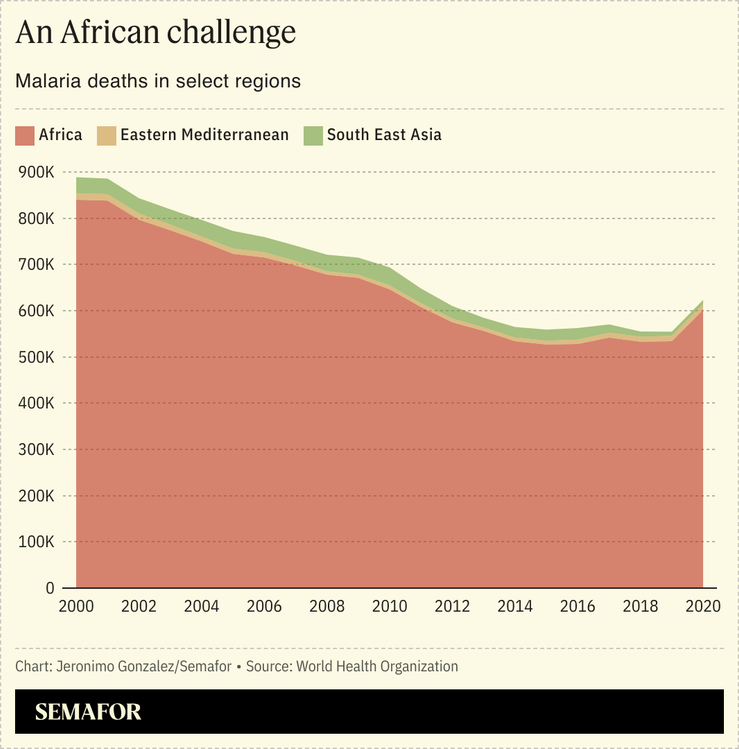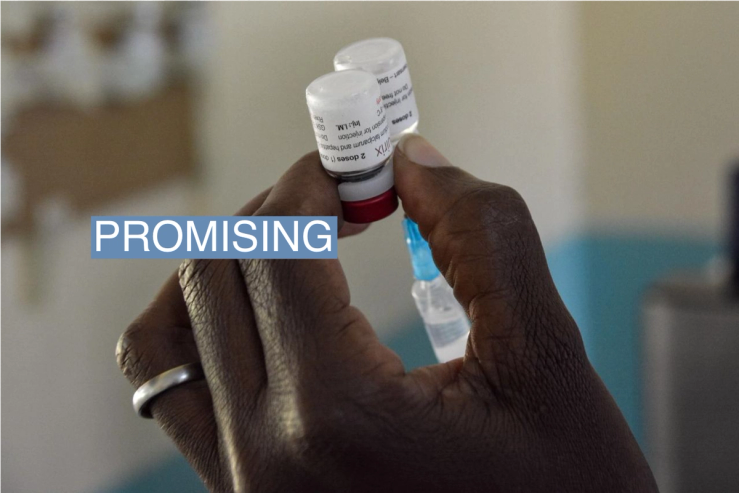The News
This year’s World Malaria Day comes at a time when scientists are making huge strides in the fight against the disease. Two malaria vaccines will be introduced across Africa this year.
The RTS,S and R21 vaccines will be offered to young children, who suffer most acutely from the disease.
Developed by Oxford University, the R21 vaccination is the result of 30 years of research at the university, Adrian Hill, director of its Jenner Institute and chief investigator for the vaccine told The Conversation.
Know More
World Malaria Day falls on April 25 each year and was launched by World Health Organization member states in 2007. It was established to highlight the continued investment and political commitment needed to combat the disease.

Around 600,000 people are killed by malaria each year, the majority of them children in Africa. Malaria, which is transmitted by infected mosquitoes, is most prevalent on the African continent. The World Health Organization estimated that 94% of all malaria cases were recorded in the region in 2022.
The disease is caused by a parasite, rather than a virus or bacterium, meaning that perfecting treatment of it has dogged researchers for years: The “malaria parasite goes through four life cycle stages,” making it “as complex as it gets with infectious pathogens,” Hill said.
One innovative approach, reported by Semafor Africa last week involves altering the genetic makeup of mosquitoes. By altering the genes of male mosquitoes and releasing them back into the wild, researchers hope to stymie the reproduction of the female insects, which carry the disease.


